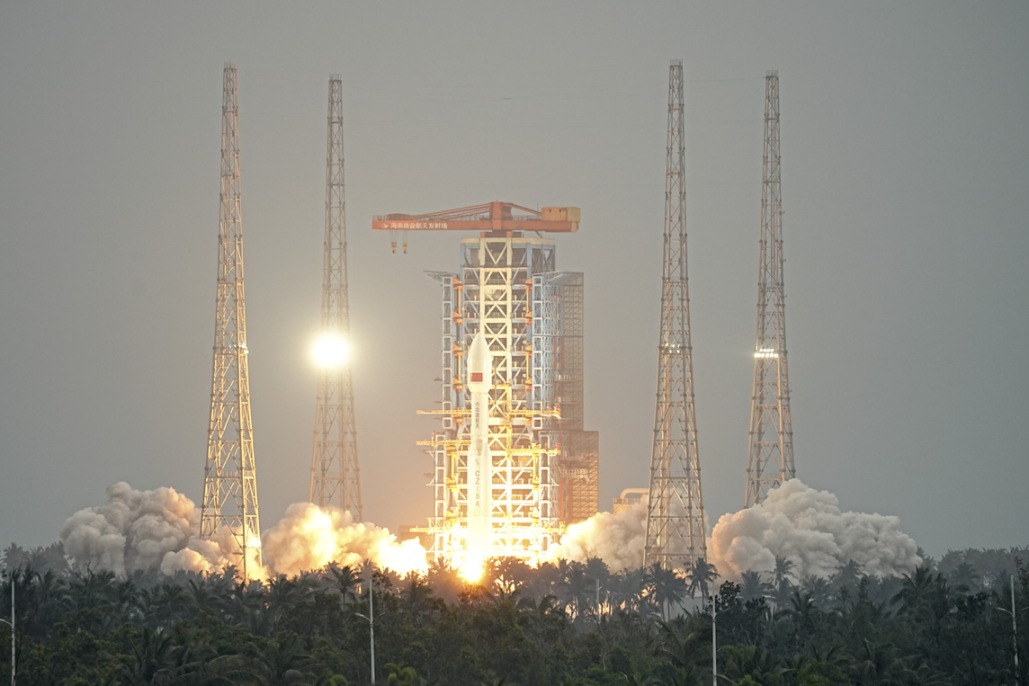China plans to launch new space science satellites

BEIJING -- China plans to launch a space telescope for research in electromagnetic counterparts of gravitational waves in December, according to the National Space Science Center under the Chinese Academy of Sciences.
The telescope, Gravitational Wave High-energy Electromagnetic Counterpart All-sky Monitor (GECAM), will be launched from the Xichang Satellite Launch Center in Southwest China's Sichuan province.
The GECAM mission is composed of two small satellites, and it will focus on detecting electromagnetic counterparts of gravitational waves, high-energy radiation from fast radio bursts, various gamma-ray bursts, and magnetar flares.
The GECAM could help scientists unravel the mysteries of compact objects, such as neutron stars and black holes, as well as the merger of binary compact objects.
The space telescope will be an important part of China's space science satellites. The country plans to launch more space science satellites in the next three to four years, according to the CAS.
- China seeks public feedback on draft rules for anthropomorphic AI services
- China's top legislature concludes standing committee session
- China adopts revised Civil Aviation Law
- China launches satellite to aid in early extreme weather detection
- Report on mining accident that killed 6 suggests accountability for 42 individuals
- Law aimed at bolstering standard Chinese language education passed





































